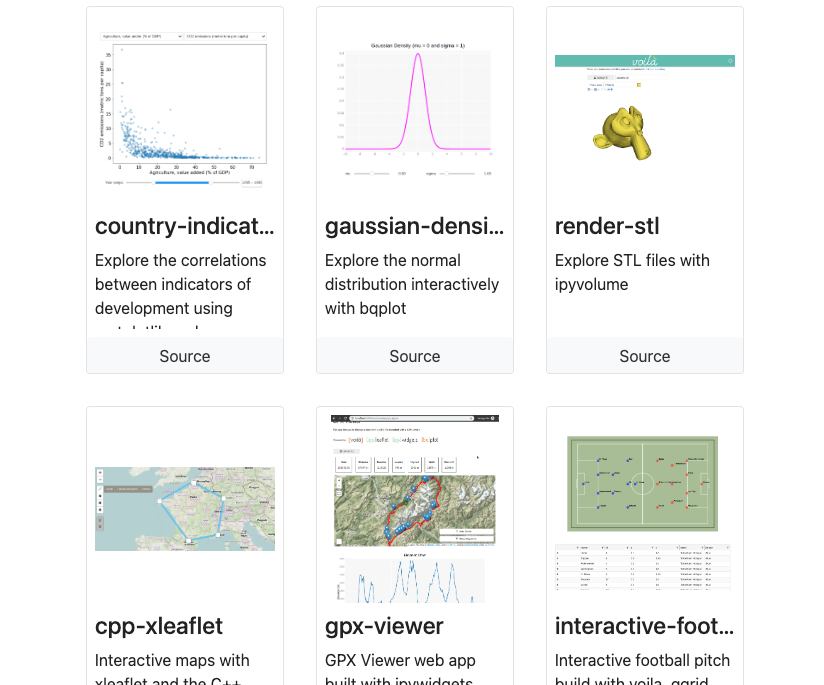Voilà - Convert Jupyter Notebooks into Standalone Web Apps
Are You Truly Ready to Put Your Mobile or Web App to the Test?
Don`t just assume your app works—ensure it`s flawless, secure, and user-friendly with expert testing. 🚀
Why Third-Party Testing is Essential for Your Application and Website?We are ready to test, evaluate and report your app, ERP system, or customer/ patients workflow
With a detailed report about all findings
Contact us nowTable of Content
Voila is an open-source tool that converts Jupyter notebooks into interactive dashboards and web applications. It allows users to create dynamic interfaces using ipywidgets without needing front-end development skills.
Voila executes code server-side, providing secure interactions with output only.
It is compatible with JupyterHub, it supports multi-user environments and can be deployed on platforms like Binder, Kubernetes, and cloud services. Voila is ideal for data scientists and analysts to share their work interactively and accessibly.
It can be installed as a Jupyter extension.
Voilà is built upon Jupyter standard formats and protocols, and is agnostic to the programming language of the notebook. In this example, we present an example of a Voilà application powered by the C++ Jupyter kernel xeus-cling, and the xleaflet project.
Voilà Gallery

Voila Gallery is a collection of interactive dashboards and web applications created with Voila. It showcases examples from various fields like data science, machine learning, finance, and education.
Each example is interactive, demonstrating how to create dynamic and responsive interfaces using Voila. The gallery is a valuable resource for developers, data scientists, and educators to see practical applications and get inspired to present their data and models effectively.
License
This software is licensed under the BSD-3-Clause license.











